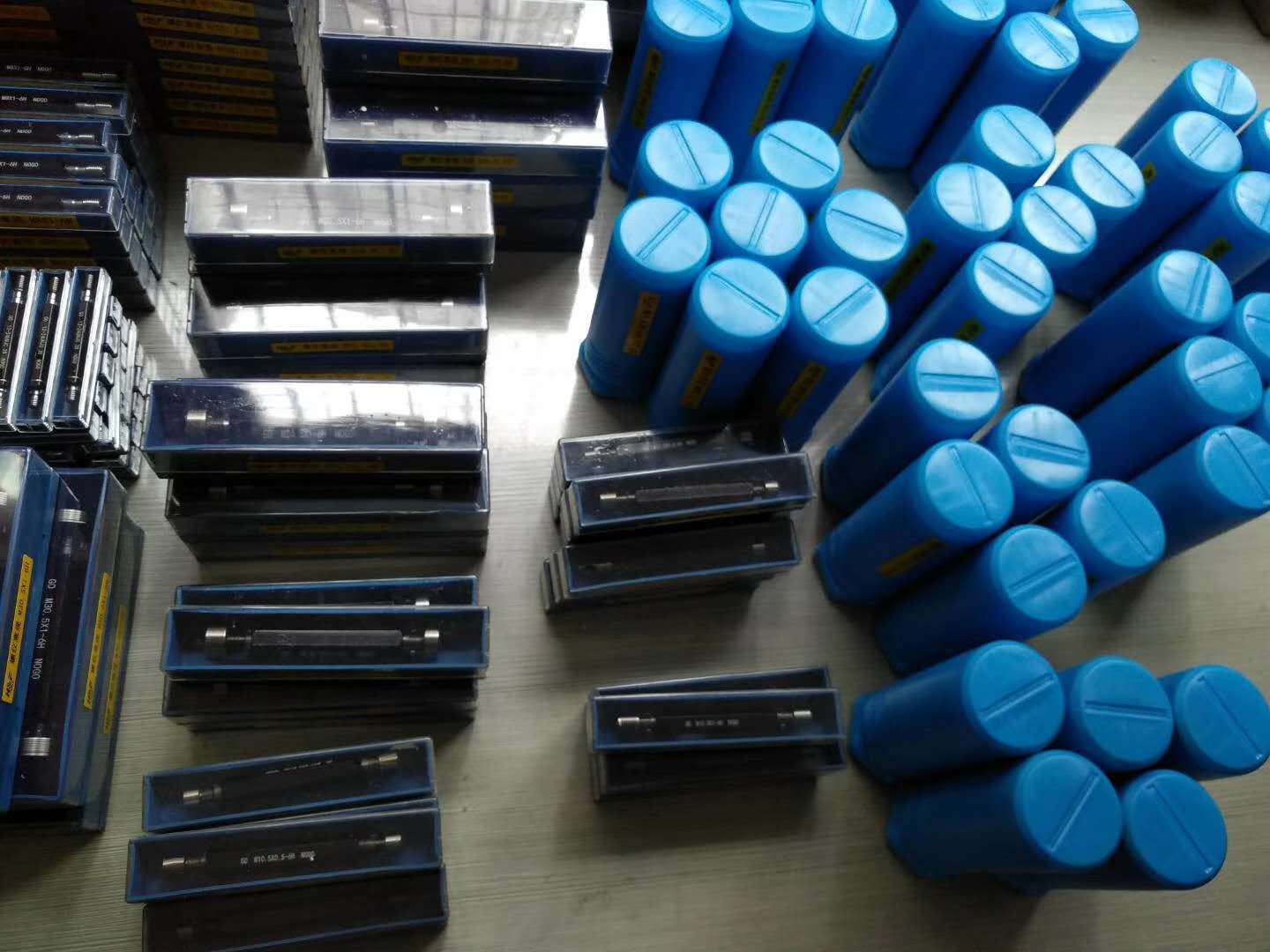Aug . 12, 2024 13:30 Back to list
Precision Measurement Solutions with Granite Inspection Plates for Enhanced Quality Control Processes in Manufacturing
The Importance of Granite Inspection Plates in Precision Engineering
Granite inspection plates are an essential tool in the field of precision engineering and metrology. These plates provide a stable and flat surface that is crucial for various inspection and measurement tasks. This article explores the significance of granite inspection plates, their applications, and the reasons behind their popularity in manufacturing and engineering processes.
What are Granite Inspection Plates?
Granite inspection plates are flat surfaces made from natural granite stone, known for their exceptional hardness and stability. The granite used in these plates is sourced from specific regions, particularly where the stone is dense and uniform. The plates are precisely machined to achieve a high degree of flatness and surface finish, ensuring that they can serve as a reliable reference point for measurements.
Advantages of Granite Inspection Plates
1. Stability and Rigidity Granite is an incredibly stable material that resists deformation even under heavy loads. This property makes granite inspection plates ideal for use in high-precision environments where even the slightest warping can lead to measurement errors.
2. Flatness and Surface Finish Granite plates are meticulously ground and lapped to achieve a flatness tolerance that meets strict specifications. This precision is critical for applications in quality control and testing, where accurate measurements are paramount.
3. Thermal Stability Granite has a minimal coefficient of thermal expansion, meaning that its dimensions remain nearly unchanged with temperature fluctuations. This thermal stability is vital in environments where temperature control is challenging, ensuring that measurements remain consistent.
4. Durability Granite is resistant to scratching and wear, which contributes to the longevity of inspection plates. Unlike softer materials that may degrade over time, granite inspection plates can maintain their performance over many years with proper care.
granite inspection plate

5. Chemical Resistance Granite's natural properties make it resistant to many chemicals, oils, and solvents commonly found in industrial settings. This resistance ensures that the surface of the inspection plate remains intact and unaffected, preserving its precision over time.
Applications in Industry
Granite inspection plates are widely used across various sectors, including aerospace, automotive, and manufacturing. Some specific applications include
- Measurement and Calibration Engineers and technicians use granite plates as reference surfaces for calibrating measuring instruments such as gauges, micrometers, and CMM (Coordinate Measuring Machines).
- Assembly and Machining In manufacturing, granite plates provide a stable platform for assembling precision components. They can be used during machining processes to ensure that parts are accurately aligned and positioned.
- Quality Control Quality assurance teams utilize granite plates to perform inspections and audits on manufactured products. These plates serve as a benchmark against which dimensional tolerances and specifications can be verified.
- Tool and Die Making In the tool and die industry, granite plates are crucial for the layout and inspection of molds and dies, ensuring that they meet tight tolerances needed for production.
Conclusion
Granite inspection plates are indispensable assets in the realm of precision engineering. Their unmatched stability, durability, and resistance to environmental factors make them the preferred choice for many applications that require stringent measurement standards. As industries continue to evolve and demand even higher levels of accuracy, the role of granite inspection plates will only grow in importance. Investing in high-quality granite inspection plates is a decision that pays dividends in the form of enhanced quality control, improved operational efficiencies, and ultimately, greater customer satisfaction.
-
Why Metric Trapezoidal Thread is Ideal for Precision Motion ControlNewsAug.05,2025
-
The Unique Properties of a Block of Granite for Industrial UseNewsAug.05,2025
-
The Role of Flanged Y Strainers in Preventing Pipeline ClogsNewsAug.05,2025
-
The Importance of Regular Calibration for Master Ring GagesNewsAug.05,2025
-
How a Cast Iron Surface Table Enhances Accuracy in ManufacturingNewsAug.05,2025
-
Comparing Different Check Valve Types for Optimal Flow ControlNewsAug.05,2025
Related PRODUCTS









